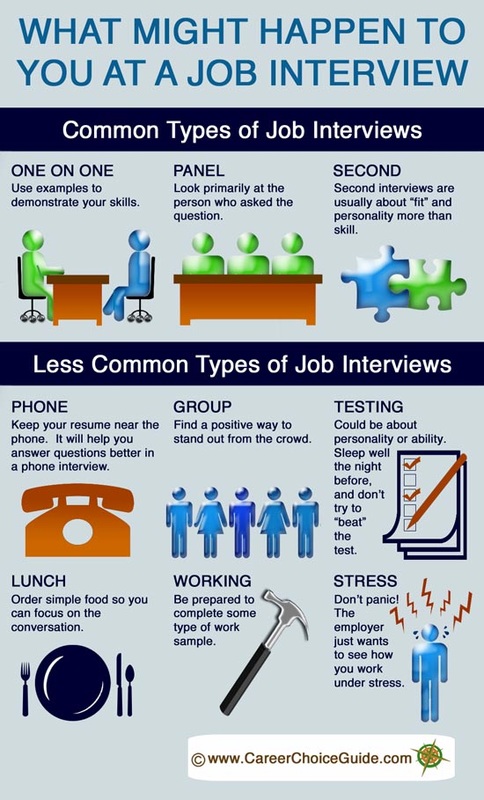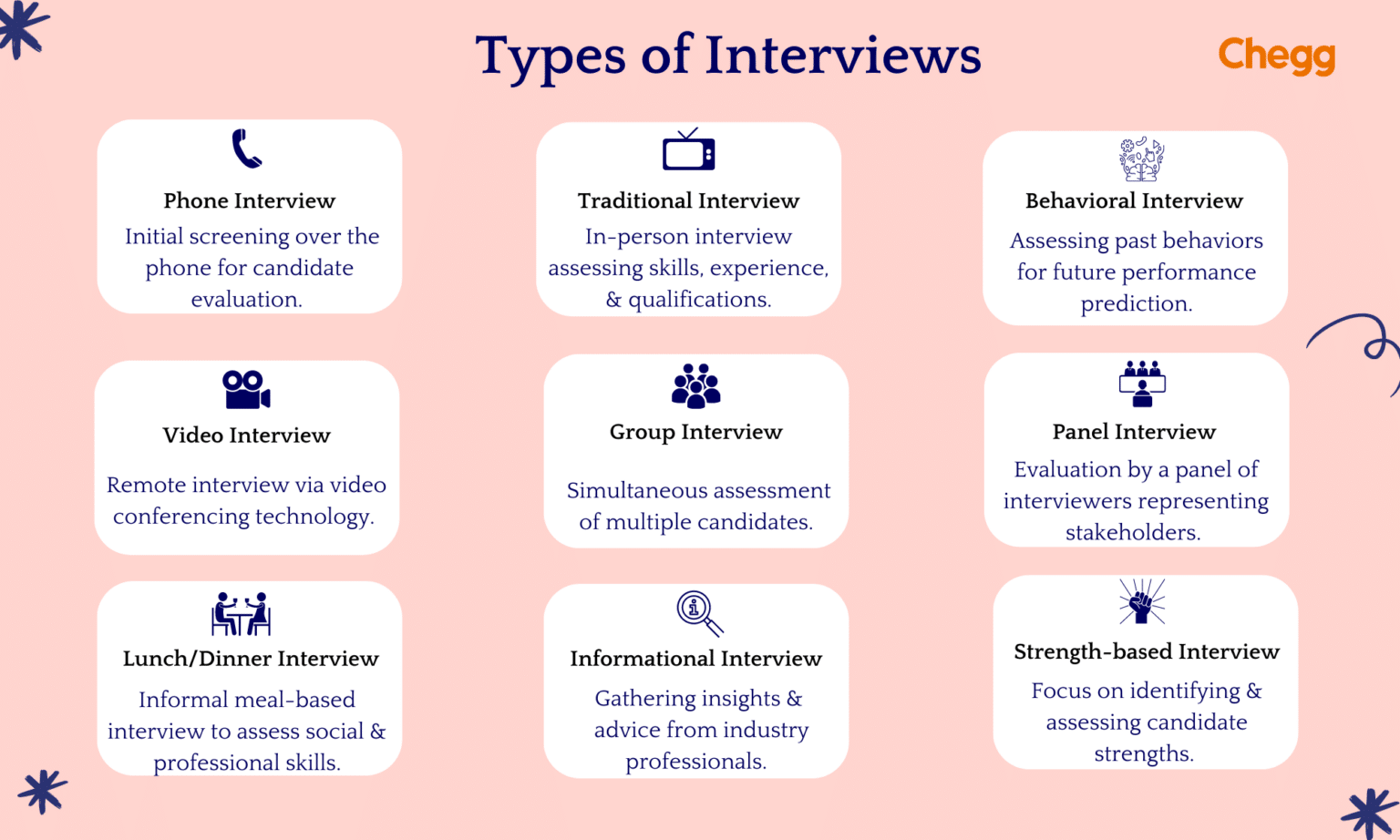Chances Of Getting A Job If You Have An Interview
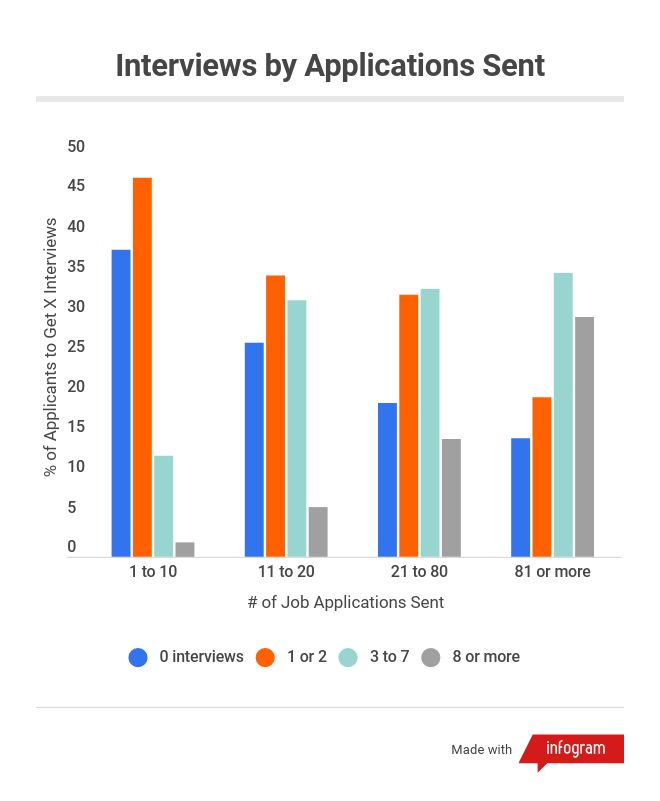
Imagine sitting in a brightly lit room, the scent of fresh coffee subtly lingering in the air. You've rehearsed your answers, researched the company, and chosen the perfect outfit. The interviewer smiles, and the conversation begins – but what are your actual chances of landing the job after this pivotal moment?
The truth about converting an interview into a job offer is complex and influenced by numerous factors. While there's no magic number, understanding the landscape of job market statistics and preparation strategies can significantly improve your odds.
Decoding the Interview-to-Offer Ratio
Pinpointing the exact percentage chance of receiving a job offer after an interview is difficult, as data varies widely depending on the source, industry, job level, and economic climate. However, analyzing available data provides valuable insights.
According to various studies and reports, the average interview-to-offer ratio generally hovers around 10-30%. This means that for every 10 interviews, a candidate might receive 1 to 3 job offers.
Glassdoor, a well-known platform for salary information and company reviews, suggests that the average candidate attends between 3 and 10 interviews before receiving an offer. This data indirectly supports the 10-30% range.
Factors Influencing Your Chances
The raw numbers only tell part of the story. Several crucial elements directly impact your individual probability of securing a job offer after the interview stage.
1. Preparation is Paramount
Thorough preparation is the cornerstone of a successful interview. Candidates who have meticulously researched the company, understand the role's requirements, and practiced answering common interview questions have a distinct advantage.
This preparation includes going beyond a simple Google search. Explore the company's mission statement, values, recent news, and financial performance.
Practice the STAR method (Situation, Task, Action, Result) when answering behavioral questions. This approach allows you to provide structured and compelling narratives demonstrating your skills and experience.
2. Skill Alignment and Experience
The degree to which your skills and experience align with the job description is a significant factor. Employers are looking for candidates who not only possess the required skills but can also demonstrate how they have successfully applied those skills in previous roles.
Quantify your accomplishments whenever possible. Instead of saying you "improved customer satisfaction," state that you "increased customer satisfaction scores by 15% within six months."
Highlight relevant experience. Tailor your resume and cover letter to emphasize the skills and experiences that are most directly applicable to the specific job.
3. Interview Performance
Your performance during the interview itself is, of course, critical. This includes not only the content of your answers but also your communication skills, body language, and overall demeanor.
Maintain eye contact, listen attentively, and speak clearly and confidently. Project enthusiasm for the role and the company.
Ask thoughtful questions at the end of the interview. This demonstrates your engagement and genuine interest in the opportunity. Avoid asking questions that can be easily answered by a quick Google search.
4. Competition
The number of other qualified candidates vying for the same position significantly influences your chances. A highly competitive job market can make it more challenging to stand out, even with a strong interview performance.
Certain industries and roles tend to be more competitive than others. Research industry trends and salary benchmarks to understand the competitive landscape for your target job.
Consider networking within your field to gain an edge. Attending industry events, joining professional organizations, and connecting with people on LinkedIn can help you learn about opportunities and build relationships.
5. Company Culture Fit
Employers increasingly prioritize candidates who align with their company culture. They are looking for individuals who not only possess the required skills but also share the company's values and work style.
Research the company culture through their website, social media channels, and employee reviews. Try to get a sense of the company's values, work environment, and management style.
During the interview, ask questions that will help you assess the company culture. For example, you could ask about team dynamics, work-life balance, or opportunities for professional development.
6. Follow-Up
A timely and well-crafted thank-you note can reinforce your interest in the position and leave a positive impression on the interviewer. This seemingly small gesture can sometimes be the deciding factor between two equally qualified candidates.
Send a thank-you email within 24 hours of the interview. Personalize the note to reflect specific points discussed during the conversation.
Reiterate your enthusiasm for the role and briefly summarize why you are a strong fit for the position. Proofread carefully for any errors in grammar or spelling.
Improving Your Odds: A Proactive Approach
While some factors are beyond your control, you can significantly improve your chances of converting an interview into a job offer by taking a proactive approach to preparation and performance.
Continuously develop your skills and knowledge. Stay up-to-date on industry trends and advancements. Consider taking online courses or attending workshops to enhance your skillset.
Seek feedback from trusted mentors or career counselors. Practice your interviewing skills through mock interviews. Identify your strengths and weaknesses and develop strategies for addressing any areas for improvement.
Network actively. Building relationships with professionals in your field can open doors to new opportunities and provide valuable insights into the job market. Attend industry events, join professional organizations, and connect with people on LinkedIn.
Beyond the Numbers: Focusing on the Experience
It's essential to remember that the job search is a process. Not every interview will result in a job offer, and that's perfectly normal. Focus on learning from each experience and refining your approach for future opportunities.
Treat each interview as an opportunity to learn more about yourself, the company, and the industry. Even if you don't get the job, the experience can provide valuable insights that will benefit you in your future career endeavors.
Maintain a positive attitude and stay persistent. The job search can be challenging, but with dedication and a strategic approach, you can increase your chances of landing your dream job.
Conclusion: The Power of Preparation and Perseverance
The likelihood of getting a job after an interview is a nuanced equation, influenced by a blend of preparation, skill alignment, competition, and cultural fit. While the average interview-to-offer ratio provides a general benchmark, individual success hinges on proactive preparation and a resilient mindset.
By focusing on honing your skills, mastering interview techniques, and building genuine connections, you can significantly enhance your prospects. Remember, each interview is a valuable learning experience, paving the way for future success.
Ultimately, the journey to landing a job is not just about the numbers. It's about demonstrating your value, building relationships, and showcasing your unique potential. Believe in yourself, stay persistent, and the right opportunity will eventually come your way.



![Chances Of Getting A Job If You Have An Interview 50+ Good Questions to Ask in an Interview [2024] - InterviewBit](https://www.interviewbit.com/blog/wp-content/uploads/2022/08/Questions-To-Ask-In-An-Interview-About-The-Company-1-1364x1536.png)





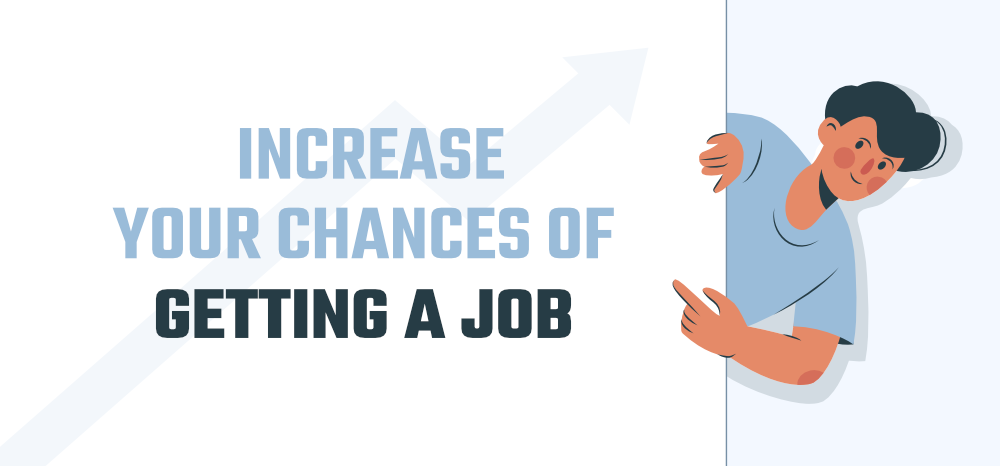


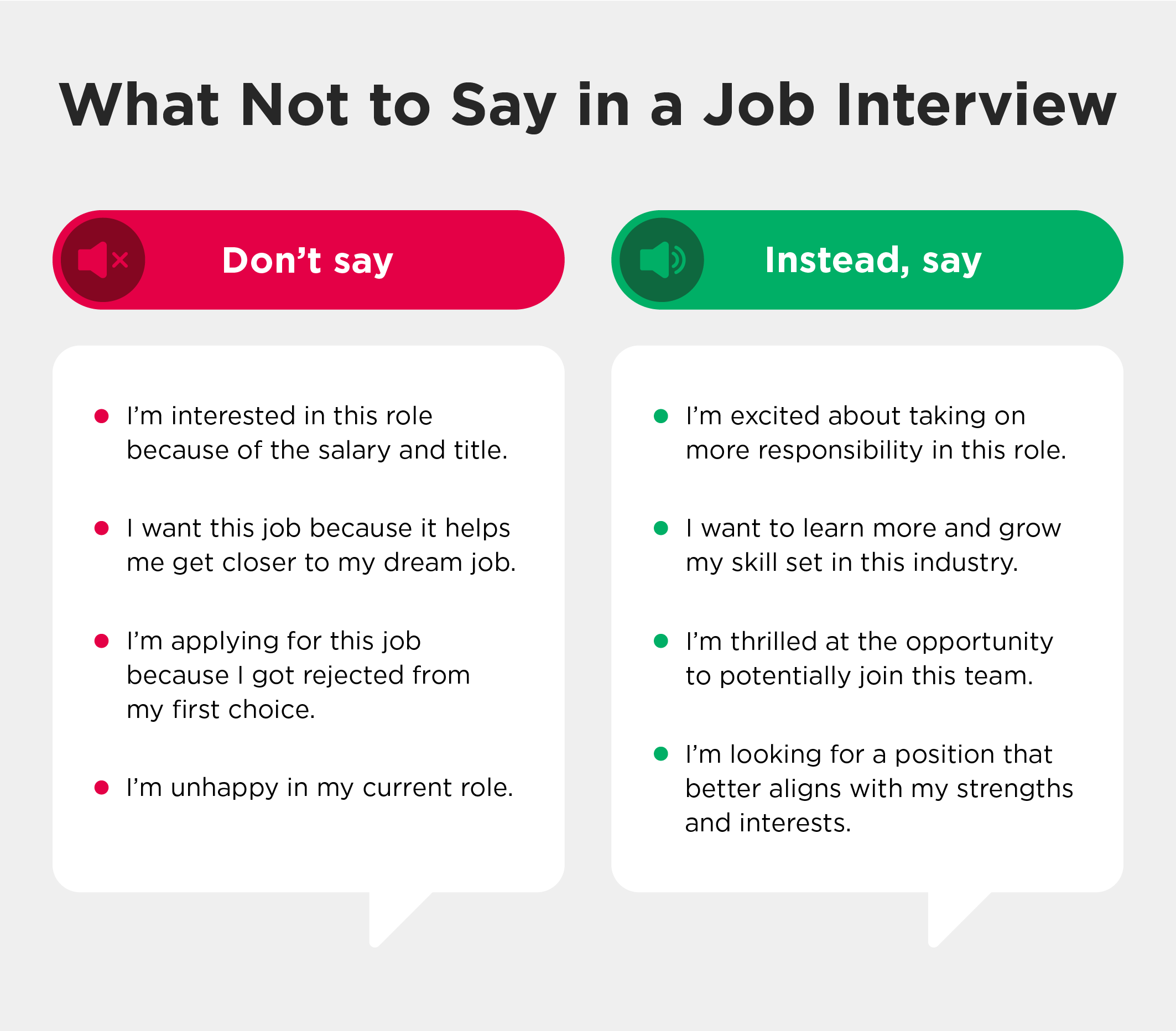
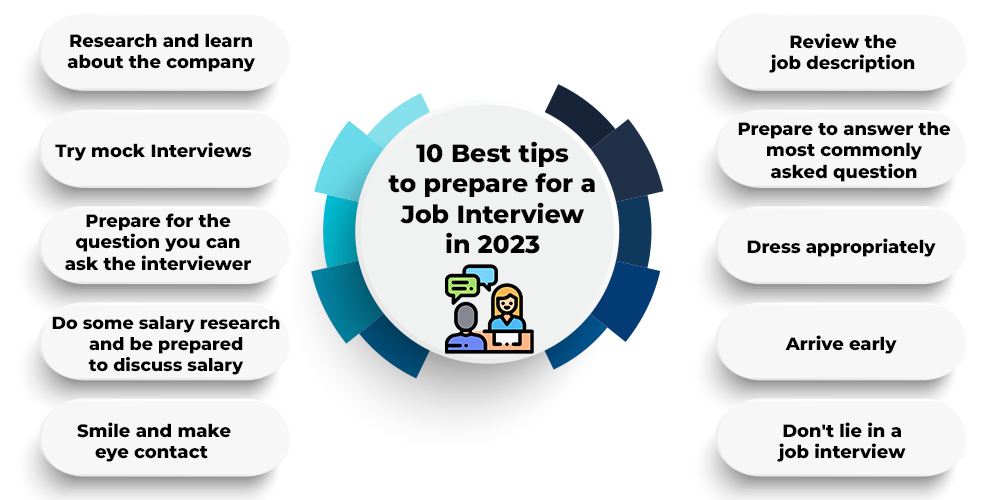
![Chances Of Getting A Job If You Have An Interview 21 Tips For A Successful Job Interview [Infographic] | Bit Rebels](http://www.bitrebels.com/wp-content/uploads/2016/09/21-tips-job-interview-infographic.jpg)
